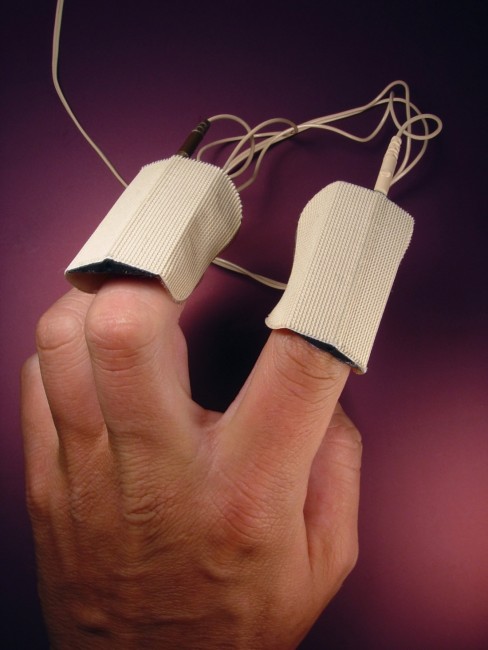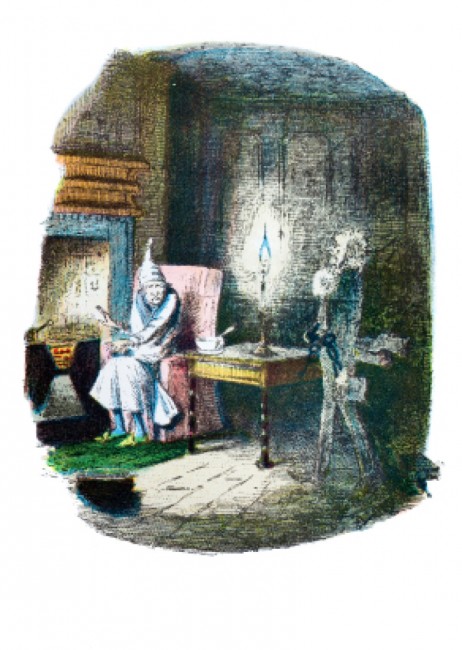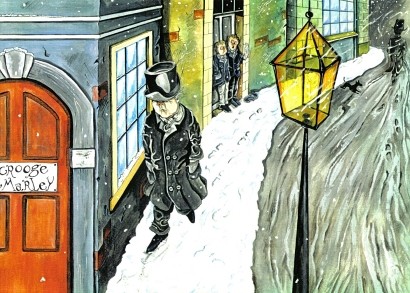Show posts for: Workplace Conditions (Occupational Safety and Health)
-
 Read more
Read moreOn January 13, 2022, the U.S. Supreme Court struck down one federal COVID-19 vaccine mandate (on large employers) while leaving another (on federally funded healthcare facilities) intact. On balance, these decisions curb federal power to require vaccines and leave behind a patchwork of local, state, federal, and private vaccine regulations. This post summarizes the Court’s contrasting decisions and analyzes some of their impacts on American employers and employees.
-
 Read more
Read moreThe recent coronavirus outbreak raises a host of employment-law issues. For example, the Occupational Safety and Health Act requires employers to take measures to eliminate or reduce dangerous hazards to their employees. The Family and Medical Leave Act mandates leave for “serious health conditions,” raising questions as to whether an infected employee is legally entitled to leave. And Title VII of the Civil Rights Act prohibits discrimination based on national origin, so an employer can’t tell someone not to come to work just because he or she is from China or Italy.
-
 Read more
Read moreGhosts, ghouls, and ghastly liability; the last is certainly enough to spook any employer. For this Halloween, we take a trip down Elm Street to revisit the most startling nightmares we’ve ever covered.
It Came From the General Counsel’s Office. In March of this year, we told the story of an in-house attorney who won a $14.5 million verdict against his employer after he raised concerns about FCPA violations at the company. The company’s case faltered when the trial revealed that a negative review of the attorney had been backdated.
-
 Read more
Read moreAfter a spate of horrific shootings at schools and businesses across the country, employers started conducting unannounced “active shooter” drills to train employees how to react if a murderous gunman shows up at their workplace. Unsurprisingly, some of these unannounced drills have gone awry.
In 2013, the Pine Eagle Elementary School in Halfway, Oregon, population 286, held an active shooter drill that was too much for its employees to bear. Now, Pine Eagle finds itself in the middle of a lawsuit in Oregon federal court, brought by former teacher Linda McLean.
-
 Read more
Read moreAs the United States gears up for next year’s presidential election, it’s always fun to check in with PolitiFact’s Truth-O-Meter on the days following debates or periods of political grandstanding to see who is really telling the truth and whose pants are on fire.
Since we’re all human – yes, politicians are, too – some of us admittedly engage in the occasional white lie or embellishment in the work place. While we don’t have PolitiFact to fact-check our boardroom meetings, one employee recently alleged that his CEO tried to snuff out lies using a portable lie detecting machine.
-
Read more
Talk about your inter-family disputes: one federal agency – the Department of Labor – has filed suit against the United States Postal Service, an independent federal agency (but one of the few explicitly authorized by the Constitution). The reason for the federal lawsuit, filed in Missouri: the Postal Service’s alleged poor treatment, firing, and alleged harassment of an employee who claims he blew the whistle on safety hazards in a mail facility.
Here’s the background, delivered despite any contrary weather: Thomas Purviance worked for the Postal Service for 35 years, most recently as a maintenance supervisor at a mail distribution center near St. Louis. He had no record of disciplinary or performance issues. In late December 2009, Purviance complained to his supervisors about what he perceived to be carbon monoxide and fuel oil leaks from some of the equipment at the center, as well as a pile of oil-soaked rags which he thought was a safety hazard. Getting no response, Purviance eventually called the local fire marshal and made a 911 call to report the carbon monoxide leak.
-
 Read more
Read moreYesterday, we had good news for Bob Cratchit: he has a right under the FLSA to more compensation than Scrooge pays him, and could take legal action to protect that right. But what about the other unfairness and indignities that Bob suffers as Scrooge’s employee – such as the cold office and Bob’s inability to secure Tiny Tim proper medical care? Would any federal laws protect him? That’s the subject of today’s post, and the news is not good for Bob.
-
 Read more
Read moreBob Cratchit’s boss, Ebenezer Scrooge, is an “odious, stingy, hard, unfeeling man.” Or, at least that’s what Mrs. Cratchit says of him after feeding her family of eight, including her crippled son, Tiny Tim, a too-small pudding for dessert on Christmas. Readers of Dickens’ A Christmas Carol could easily reach the same conclusion. Bob, a clerk in Scrooge’s business (which some suggest is what we would call a stock brokerage today), is paid a mere 15 shillings weekly to work six days a week in an office that Scrooge refuses to adequately heat. That seems bad. But, today, in say, New London, somewhere in the U.S.A., would it be illegal? For these final days of the holiday season, we explore possible causes of action in Cratchit v. Scrooge. (We are not the only lawyers with these types of holiday musings.)
As the regulatory and business environments in which our clients operate grow increasingly complex, we identify and offer perspectives on significant legal developments affecting businesses, organizations, and individuals. Each post aims to address timely issues and trends by evaluating impactful decisions, sharing observations of key enforcement changes, or distilling best practices drawn from experience. InsightZS also features personal interest pieces about the impact of our legal work in our communities and about associate life at Zuckerman Spaeder.
Information provided on InsightZS should not be considered legal advice and expressed views are those of the authors alone. Readers should seek specific legal guidance before acting in any particular circumstance.
Contributing Editors

John J. Connolly
Partner
Email | +1 410.949.1149

Andrew N. Goldfarb
Partner
Email | +1 202.778.1822

Sara Alpert Lawson
Partner
Email | +1 410.949.1181

Nicholas M. DiCarlo
Associate
Email | +1 202.778.1835




